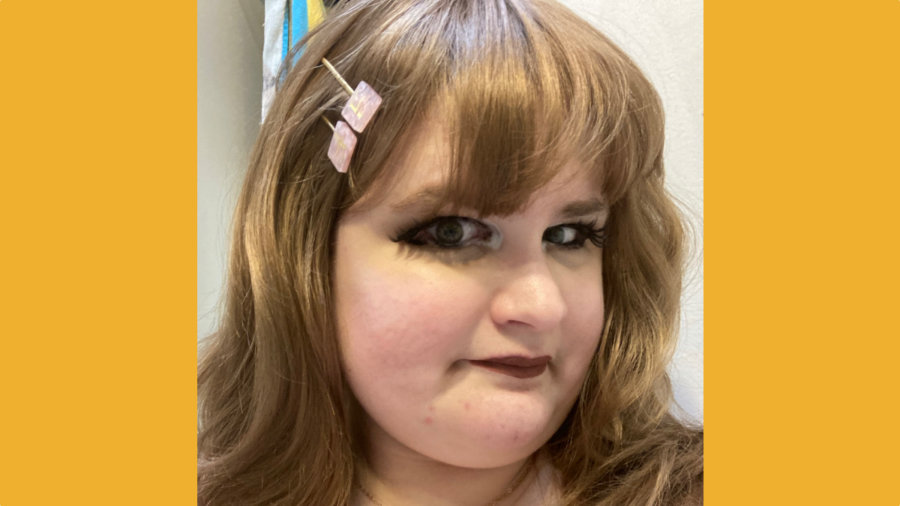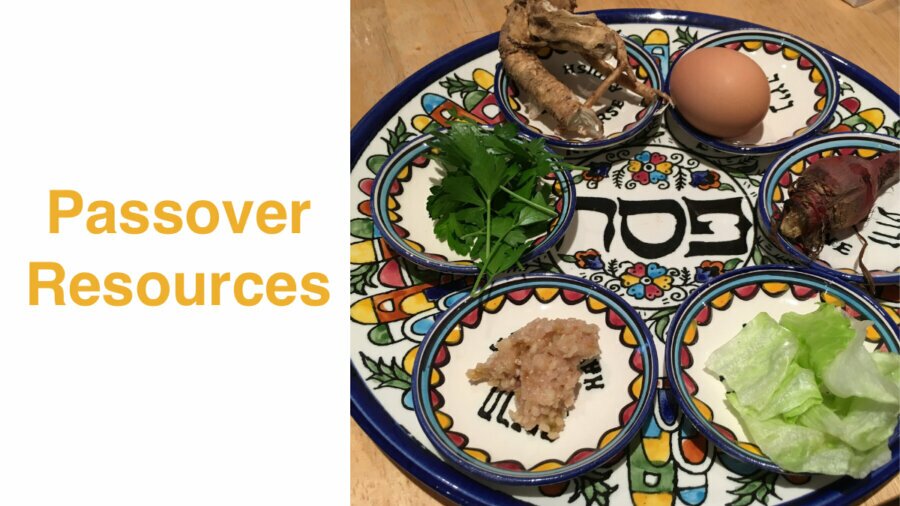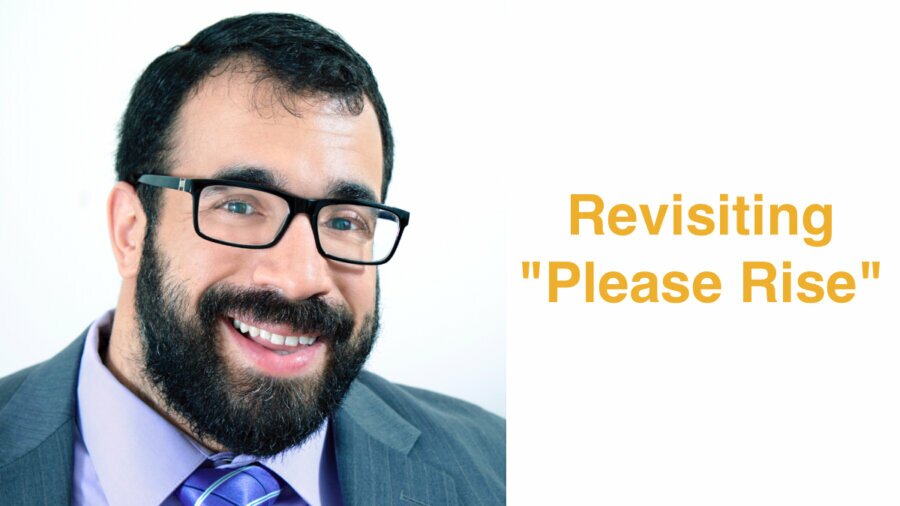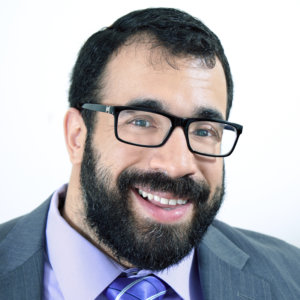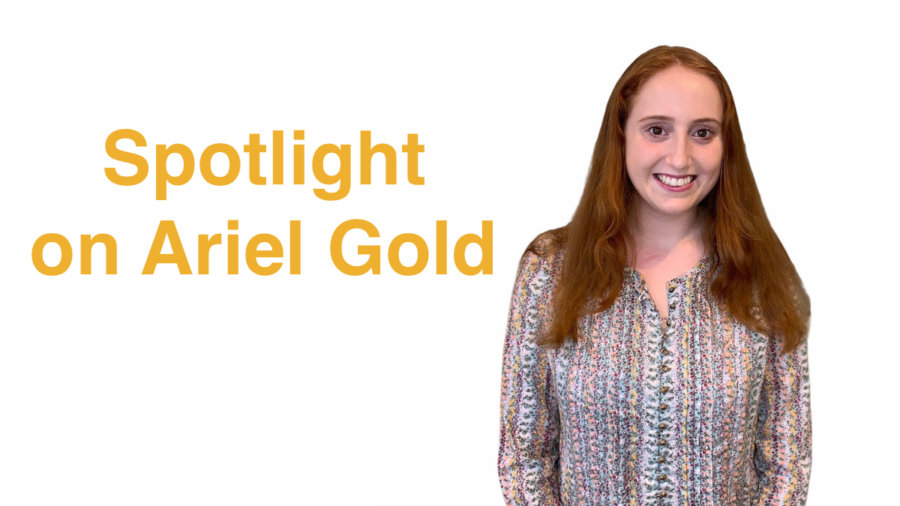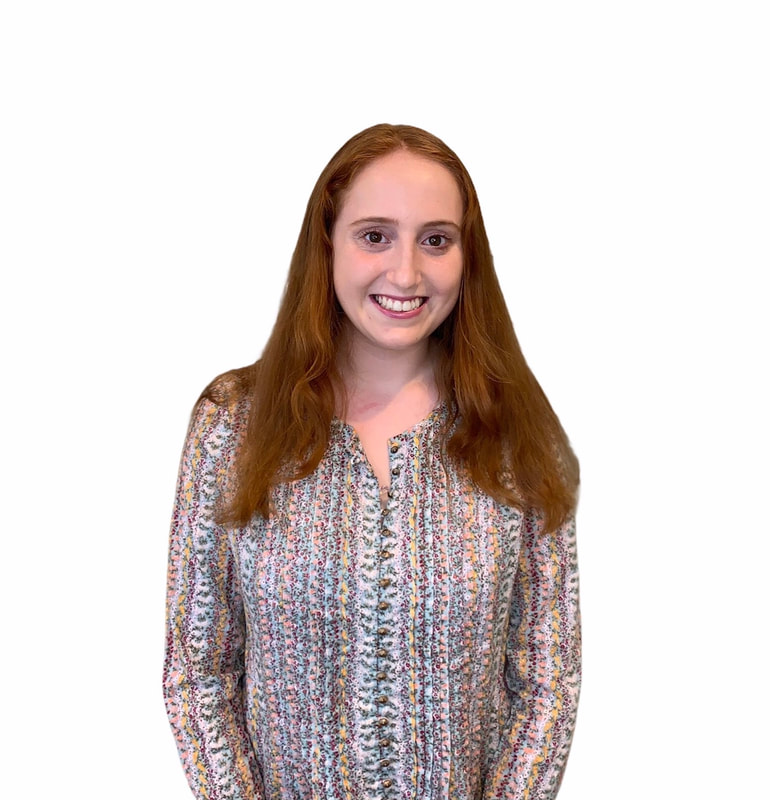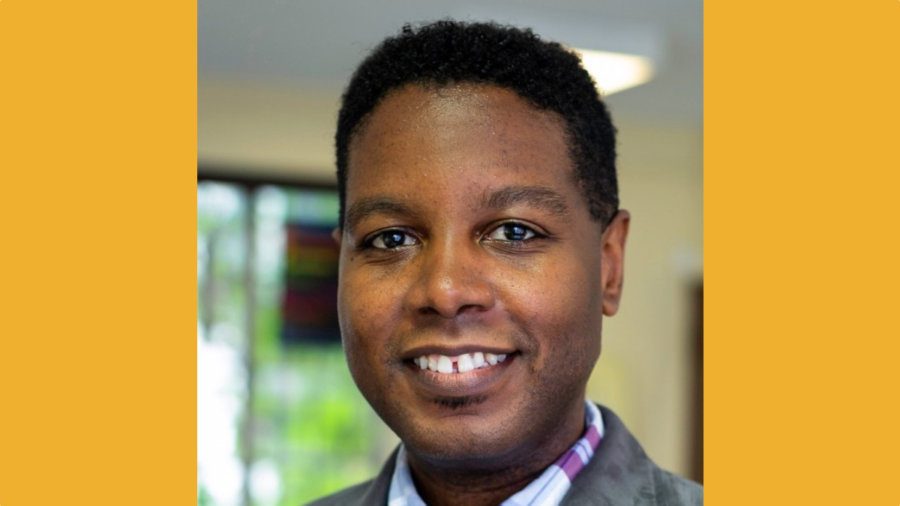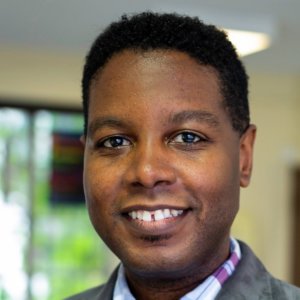 Jews are among 40 million Americans struggling with substance addiction. Since 1999, 25 million are in recovery, and nearly 1 million died of an overdose. Results from a research study published in the Journal of Addiction indicate that more than 20 percent of Jews with a substance use disorder have a family history of addictive behaviors. The study also indicates that the lifetime prevalence of addiction in Israel is around 13 percent, which is comparable to the rates of substance use in many other developed countries.
Jews are among 40 million Americans struggling with substance addiction. Since 1999, 25 million are in recovery, and nearly 1 million died of an overdose. Results from a research study published in the Journal of Addiction indicate that more than 20 percent of Jews with a substance use disorder have a family history of addictive behaviors. The study also indicates that the lifetime prevalence of addiction in Israel is around 13 percent, which is comparable to the rates of substance use in many other developed countries.
The consumption of alcohol is described in the book of Genesis (Gen 9: 20-27). Noah curses Ham for the role he played in his father’s drunkenness. Jewish law mandates the use of wine (or the use of nonalcoholic grape juice) during Shabbat, Passover, britot milah, weddings, and other occasions. The issue at hand is not the consumption of alcohol, instead, it is the abuse of alcohol and the potential consequences on the individual, the family, and the community. [continue reading…]



